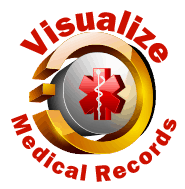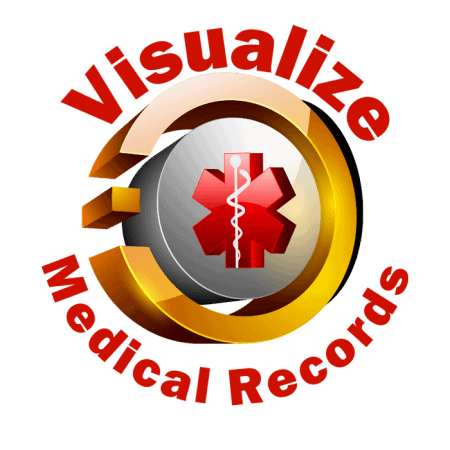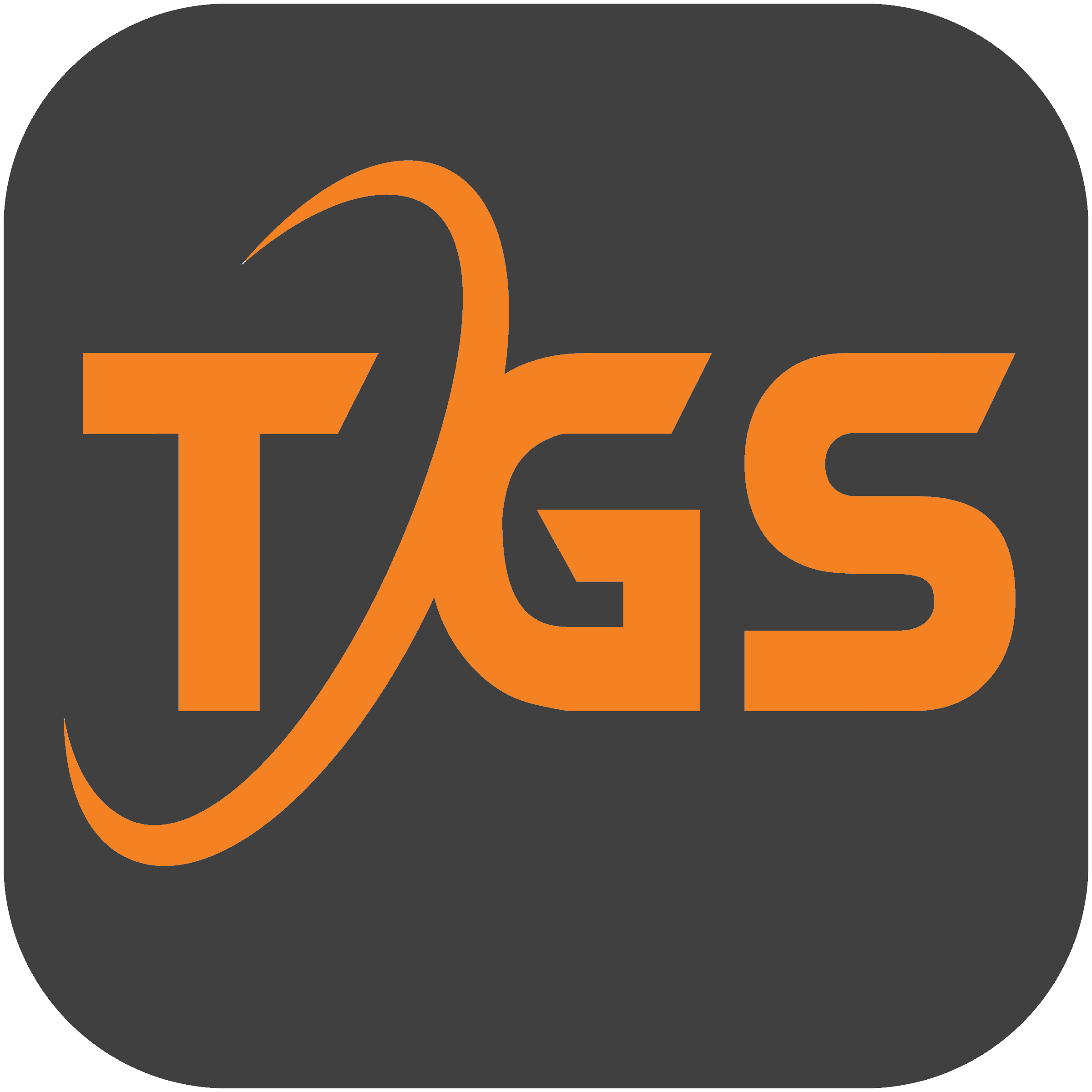Telegenisys shows how to apply medical records for retrospective medical studies
FAIRFIELD, CA, UNITED STATES, November 24th, 2021. — Telegenisys released a guide to assist natural history studies of medical conditions through the collection and analysis of relevant medical records.
The full guide is available to download at: https://www.telegenisys.com/retrospective-medical-data-planned-and-delivered-effectively/
A retrospective medical study of a medical condition helps provide a roadmap for both the average progression and common complications. This is used to measure areas for future research and help judge the effectiveness of potential treatments. These studies are an important tool in clinical research because they can offer insight into different health problems that may not occur during the limited course of prospective studies. When conducting these types of studies, it is essential to have proper data collection so that the findings are accurate and meaningful. To help other researchers do this effectively, Telegenisys has released a guide explaining how to collect retrospective data to produce quality results.
Retrospective data collection is authorized by permissions from the IRB (Institutional Review Board), establishing Study Protocol, Research Resources, and assessing the eligibility of enlisted participants.
Telegenisys is involved in various retrospective studies, and this helps the study group get IRB permissions easily, thus cutting down the time required for establishing protocols for medical records retrieval and organization of the medical records. Sufficiency protocols are established for the study requirements ensuring all reports and results establishing diagnosis are available in the organized records. These sufficiency tests can help assess the eligibility of the enrolled participants.
The medical records visualizer software enables the study to identify and highlight keywords that go toward establishing the diagnosis and the various disease milestones. These particular sets of words are customizable to the requirement of the study. For example, a study may require MRIs, biopsies, CEA labs, metastasis, chemotherapy, surgery, radiation therapy, etc. References of these words are indexed for easy reference.
The privacy of the participants is protected as per HIPAA guidelines. The records are collected and organized only after written, and signed authorization (consent) is collected from the participant or guardian. The encrypted, organized records are then handed over to the participant/guardian, who can take them to the study sites. They may then share their records with the study site on pen drive or from their allocated HIPAA compliant cloud storage.
Retrospective studies have some limitations because they depend on a review of charts originally not designed for research. Selection and recall biases affect the results as well, leading to a distorted picture of what really happened during treatment among patients who might be missing from this analysis due to no follow-ups being available; alternatively, it is unclear why certain outcomes went differently between those with lost records versus those still alive at follow up time point. Telegenisys guide for retrospective medical studies describes retrospective study design in detail and offers ways to avoid these common issues.
In retrospective studies, the data collected from charts have to be accurate and complete. Data collection methods can vary depending on the way each clinical center collects its chart data. If done correctly, there should be a system in place with checkpoints along the way to ensure accuracy.
“We created the retrospective data collection guide to help medical researchers and clinical trial professionals with retrospective studies,” said CEO and founder of Telegenisys, Mark Merani. “This is to help them understand retrospective study results more completely.”
The retrospective data collection guide was created by the Telegenisys team of the medical technology development group. The guide walks through how retrospective data can accelerate research and offer continuity from natural history studies to clinical trials. It also discusses the various aspects of retrospective data collection used for observational studies, retrospective chart reviews, retrospective case series reports, and retrospective registry reports.
The guide begins with the basics of retrospective medical studies by explaining what they are and how they can be beneficial. Then it delves into why there is a need for result-focused planning and medical record sufficiency focused retrospective data collection. Data quality and authenticity are also discussed in the guide, as is retrospective data collection for retrospective chart reviews, retrospective case series reports, retrospective registry reports, and retrospective observational studies.
The last part of the guide focuses on creating retrospective studies reports that are sound and effective. It tells how to create effective retrospective study abstracts that are clear and concise. It also provides tips on retrospective study results that are appropriately communicated in retrospective studies reports.
The retrospective study report guide concludes with a way to get superior study results and improve retrospective study outcomes.
“We hope this guide is useful for medical research professionals,” said Mark Merani, “and we’re always here to assist them in their pursuits.”
About Telegenisys
Telegenisys Inc. is a Delaware company with primary offices in Fairfield, California. The company operates on two continents with a second office in Pune, India. This company has worked with medical records for over 15 years and works on over 2 Million medical record pages per year. The company is composed of a variety of medical personnel and data scientists. The primary purpose of the company is to develop simpler ways to understand and measure medical outcomes. Having easy to visualize medical referencing as a core goal, Telegenisys produces medical chronologies, medical summaries, life expectancy abstracts, custom data extraction, and a wider variety of legal, insurance, pharma, and healthcare reports research users. From genomics to life expectancy, our work with medical records is precise, and Telegenisys’ software-assisted services are unparalleled.

 Telegenisys managers host moderated press releases with updates weekly or more often. We hope you will enjoy news streams.
Telegenisys managers host moderated press releases with updates weekly or more often. We hope you will enjoy news streams. 














